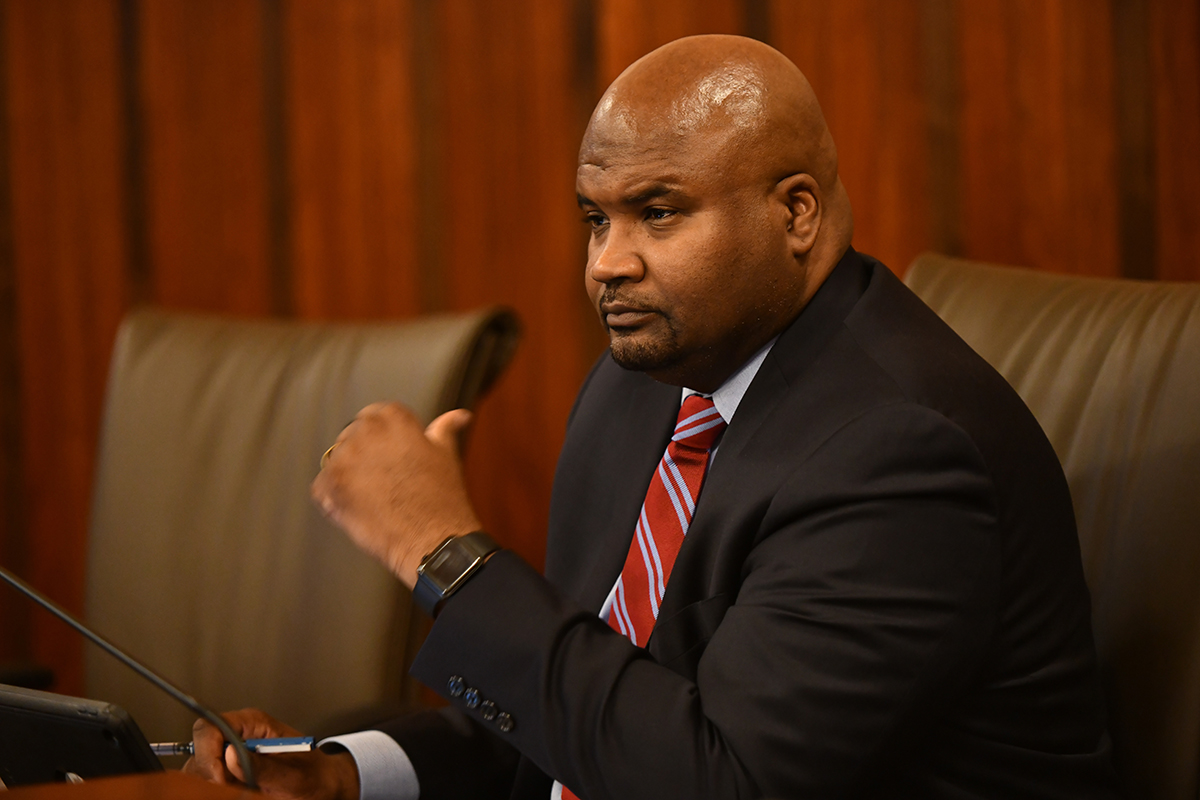
As the scheduled fall veto session quickly approaches, the Illinois Legislative Black Caucus continues to host a number of hearings in preparation of passing its legislative agenda to combat systemic racism.
The Senate Education and Higher Education Committees held a joint hearing Wednesday to focus on efforts to prepare Illinois youth to enter the workforce. The committee touched on career and technical education (CTE) programs, the Illinois Pathways program, and the Illinois Postsecondary Workforce Readiness Act.
“With few or no work experience programs available in their communities, students can’t build the job readiness skills they’ll need to excel in the workforce after graduation,” said Senate Majority Leader Kimberly A. Lightford (D-Chicago). “CTE programs are an essential part of preparing students for high-demand, skilled careers.”
Criminal justice reform, one of the caucus’s four pillars, was also highlighted throughout the week. The Senate Criminal Law and Public Safety Committees discussed qualified immunity and the Uniform Peace Officers' Disciplinary Act and officer liability.
“You cannot quantify the loss of trust between communities and law enforcement,” said Senator Elgie R. Sims Jr. (D-Chicago). “These discussions are crucial to discover and implement meaningful solutions to rebuild trust between law enforcement and the people that they serve.”
Later in the week the Senate Human Services and Public Health Committees held a joint hearing to delve into the need for cultural competency among health care professionals through increased implicit bias training and anti-racist practices.
“Structural racism must be examined in every facet of the health care system,” said Senator Mattie Hunter (D-Chicago). “It’s crucial that Black and Brown patients have access to health professionals that look like them, or at the very least, understand their circumstances. We need more diversity in the industry, with professionals who understand the inequities Black and Brown patients face, especially in terms of maternal mortality.”
During the committee, the group learned 24.6% of Black women in Chicago are not getting adequate prenatal care, as compared to 11.3% of white women. Rates of premature birth and infant mortality are higher in the Black community as well. Those statistics made Hunter and other members of the General Assembly even more determined to combat Black maternal mortality and related issues.
The Illinois Legislative Black Caucus will continue to hold weekly virtual hearings to further examine how to rid the state of systemic racism and give everyone the opportunities they deserve. For a schedule of upcoming hearings, click here.













 © 2026 Illinois Senate Democratic Caucus
© 2026 Illinois Senate Democratic Caucus